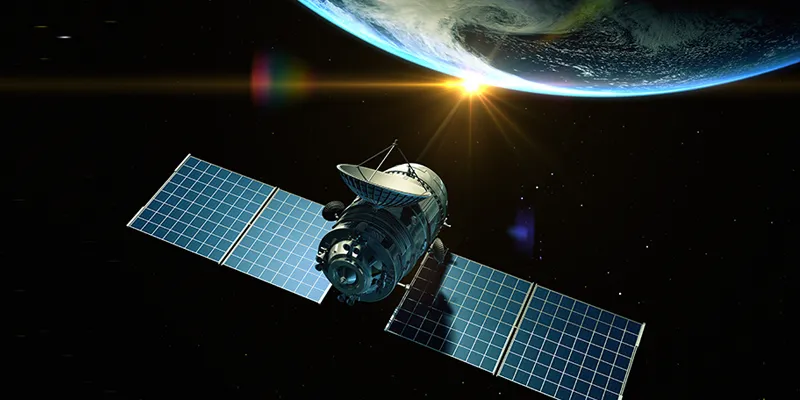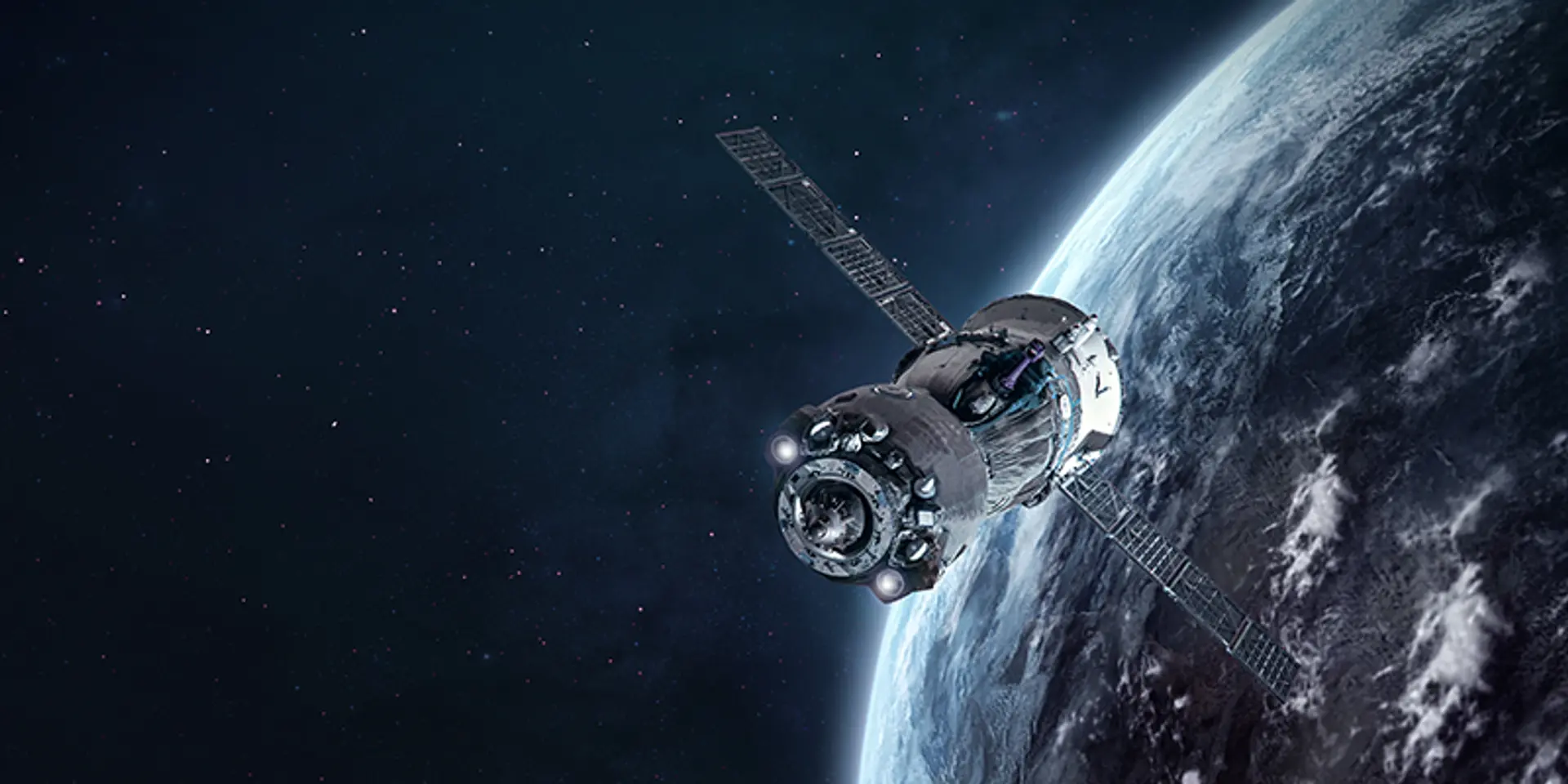Space debris: A growing threat in the Earth's orbit
Incidents of space debris falling back to Earth are increasing! Here is how we can mitigate these risks and ensure a sustainable future for space activities.
Imagine sitting at home and an absurd object falls from the sky and crashes into your roof, sounds unreal? Well, this is exactly what a family in Florida experienced when Tesla's space debris randomly collided with their home.
Surprisingly, there are multiple such incidents recorded and in recent years, the issue of space debris has become a significant concern for space agencies, satellite operators, and scientists around the world.
As we continue to launch more and more satellites and rockets into orbit, the amount of space trash floating around the Earth has reached unprecedented levels. Let's decode this issue as the space exploration race has heated up with players like NASA, ISRO, SpaceX and BlueOrigin.
What is space debris?
Space debris, also known as space junk, refers to all non-functional, man-made objects orbiting the Earth that no longer serve a purpose. This can include old satellites, spent rocket stages, fragments from collisions, and even tiny paint chips. These objects can range in size from a few millimetres to several meters, and they travel at incredibly high speeds, posing a significant risk to active spacecraft and satellites in orbit.

Image Credit: Shutterstock
The dangers of space debris
The main reason space junk is becoming an increasingly pressing issue is the sheer number of objects cluttering Earth's orbit. With the rise of satellite constellations and an upsurge in space exploration missions, the risk of collisions between active spacecraft and debris has grown substantially.
Just one collision with a piece of space waste can create thousands of smaller fragments, further exacerbating the problem. Moreover, such debris causes significant damage or even destruction of a satellite, leading to expensive repairs or loss of critical data.
In short, the dangers of space litter are manifold as they pose a direct threat to operational satellites and spacecraft. Additionally, space debris in orbit can create a hazard for astronauts aboard the International Space Station or crewed missions to other celestial bodies.
How can we mitigate the risks of space debris?
To tackle the problem of space debris, countries and space organisations need to work together and use advanced technology and responsible space practices. There are different ways to reduce the risks of space debris. One approach is to use special spacecraft to actively remove large pieces of space junk from orbit.
Another method involves designing new satellites with plans to safely dispose of them at the end of their operational life, making sure they will burn up in the Earth's atmosphere. Space agencies are also improving tracking and collision avoidance systems to help spacecraft avoid debris more effectively.
Besides, there are quite a few space waste management startups such as ClearSpace, Astroscale, OrbitGuardians and more providing a variety of innovative solutions.
However, these efforts alone are not enough to solve the problem of space debris. All nations and space organisations must follow guidelines and rules to prevent the creation of new remnants and ensure the sustainable use of outer space. This includes responsibly disposing of old satellites and rockets, as well as reducing the release of debris during satellite deployments and other space activities.
Closing thoughts
The problem of space debris is getting more serious by the day, and it's going to take a united effort from space agencies, satellite operators, and governments all over the world to solve it. We need to come up with proactive plans to clean up the debris and better manage space traffic so that we can keep on exploring space and operating satellites for years to come.








